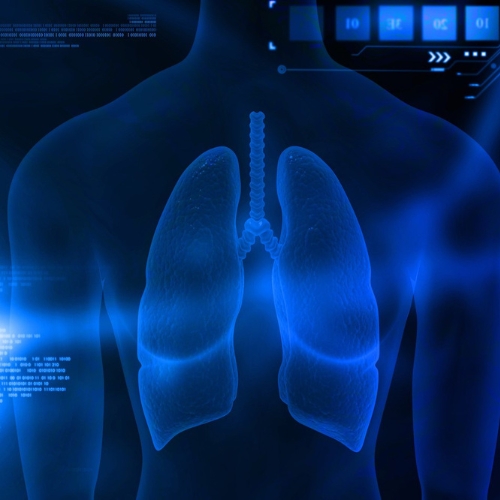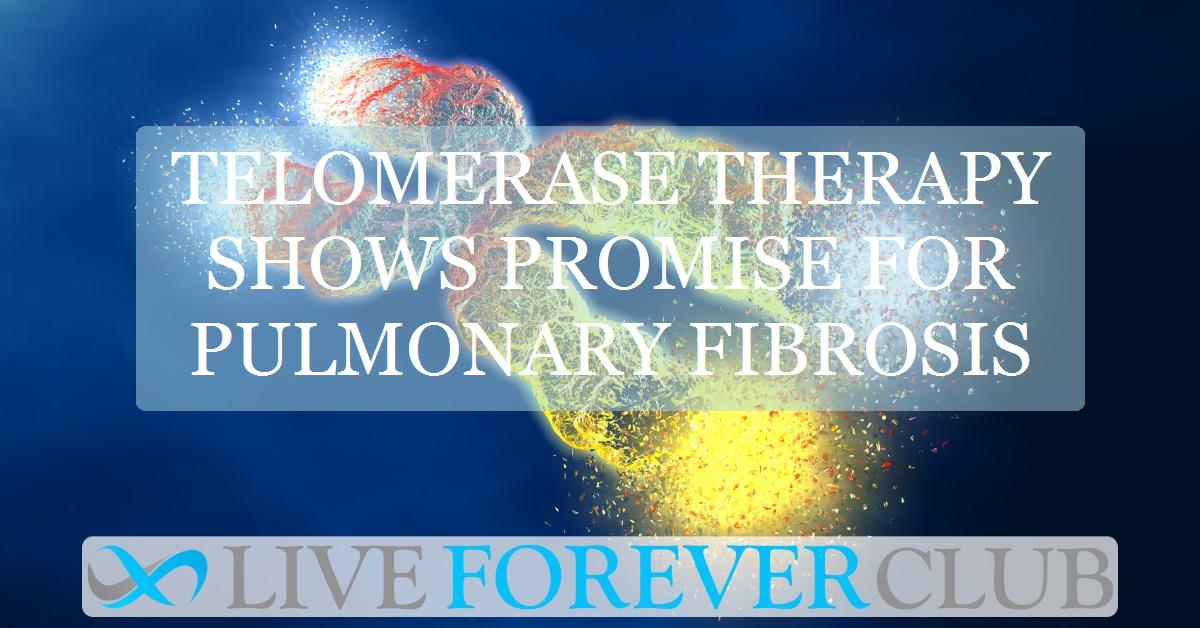Key points from article :
Pulmonary fibrosis is a deadly lung disease in which scar tissue slowly replaces healthy lung tissue, leaving patients increasingly breathless. With a typical life expectancy of only four to six years after diagnosis, scientists are urgently searching for treatments that can slow or even reverse the damage. In this new study from Hannover Medical School, published in Aging Cell and led by Dr. Jia Li Ye, researchers explored whether boosting a natural chromosome-protecting enzyme called telomerase could rejuvenate lung cells and halt the progression of fibrosis.
Telomerase protects telomeres, the caps at the ends of chromosomes that get shorter every time a cell divides. When telomeres become critically short, cells stop dividing and begin to age—a process that occurs faster than normal in people with idiopathic pulmonary fibrosis (IPF). The research team, including Professor Christian Bär and Dr. Shambhabi Chatterjee, tested whether adding back the telomerase reverse transcriptase (TERT) blueprint using specially engineered mRNA could restore telomere length and improve cell health.
When they delivered TERT mRNA into human lung connective-tissue cells, ageing markers decreased, telomeres lengthened, and telomerase activity rose. The treatment even showed strong effects in precision-cut lung slices taken directly from IPF patients, improving markers of ageing, fibrosis, and inflammation without triggering harmful immune responses. This was made possible by using modified mRNA (modRNA)—a technology similar to that used in COVID-19 vaccines—which allows the RNA to enter cells while avoiding immune detection.
To prolong the therapy’s effect, the team also tested circular RNA, a form that breaks down more slowly than standard linear RNA. This extended the duration of telomerase activity in cells, potentially widening the therapeutic window. The researchers believe that, with further development, TERT RNA packaged in lipid nanoparticles might one day be delivered via inhalation, offering a targeted way to slow or even reverse fibrosis in the lungs.







